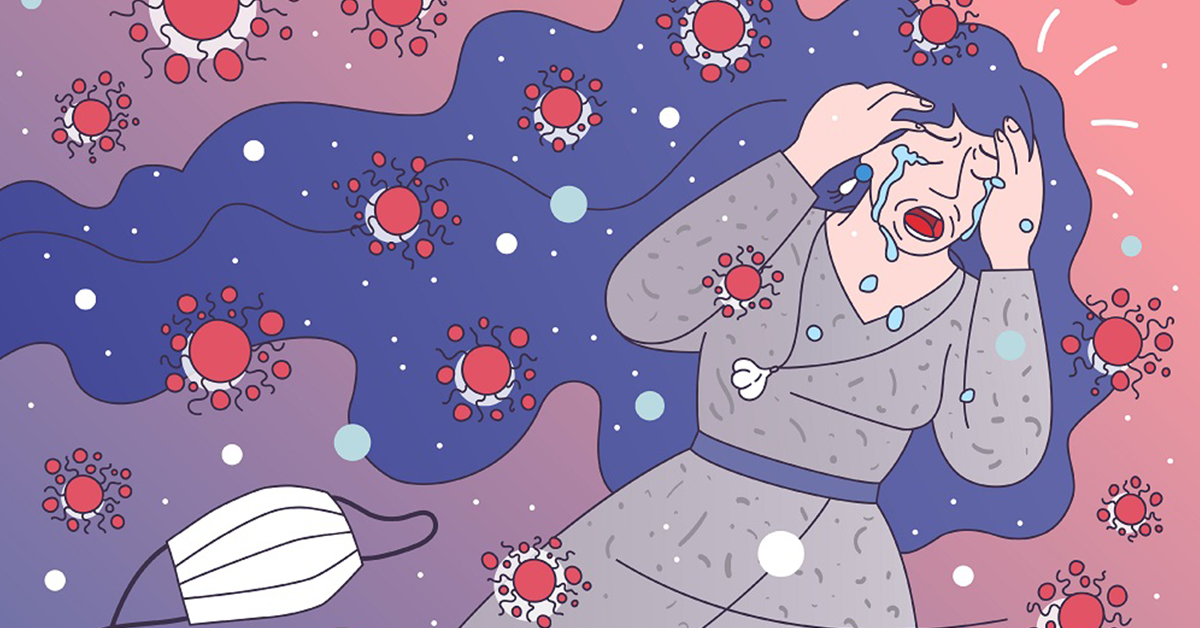August 15, 2020
by: April Ann Brillantes
You are having a good time doing your classes, your work, your hobbies, and your daily life. There is enough food, plans to achieve, hangouts with your friends and so much more until we all heard the news about this particular virus called Coronavirus or COVID-19. We slowly got inflicted by fear when the pandemic came through and made our world upside down.
A lot of trials bombarded all of us and we could say it caused a domino effect on everyone. These include the widespread infection, inadequate resources for medical response and deficient apportioning of important necessities, economic downturn, the tragic loss of lives, the financial loss of families, workloads that need to be adjusted or closed, and lastly the struggle in education which greatly affected us, students. Social distancing was then implemented and everyone had to abide, making us stay in our homes and keep our distance away from our friends, classmates, coworkers, and some families. Because of social distancing, many people have been left isolated, leading them to feel lonely and vulnerable to overthinking. When a person overthinks and is left with his own thoughts, there is a tendency to suffer serious emotional distress and mental health problems such as depression, anxiety, and PTSD.
The next thing we experience is having our mental health be affected by this or our emotional reactions as individuals. We now feel anxieties, insecurities, confusion, and emotional isolation, and even worse, depression. We all have different stories of suffering and sacrifices in these times. But first, what we need to consider are the health care providers, police, etc. whom we addressed as “frontliners” who are particularly vulnerable to emotional distress in this pandemic. Imagine having to risk their life by being exposed to the deadly virus, and at the same time taking care of themselves and caring for their loved ones. Add having the shortage of their protective equipment (PPE), being far away from the hug of their family, and lastly, long hours of work. Next in line are the disadvantaged groups. These are people with poor health and chronic disease, isolated elderly and people and children, people with disabilities, ethnic groups, and migrants. As we all heard, the pandemic is very threatening to the economy, affecting everyone’s financial status, but the situation is even much worse for the people who were already struggling before the pandemic was even present. Even the people that are somehow fortunate in these trying times are not immune to the impact of the virus. There are families that can still provide food on the table and can manage to go to work and afford online classes, but that does not mean they are not vulnerable to this emotional distress, because we all are. What we should all focus on now is to look for the right ways to combat these mental health issues than just being anxious because of this. That we should have a mindset that says: “Hey this a new challenge that I can benefit from, to be more strong despite everything”.
The world may spin around and all of us will develop, but we should heartily accept that we don’t have control over this situation. Overloading ourselves with bad news and information can be very unsettling. What we can at least do to help everyone is to take care of our mental state by swiping our depressing thoughts and better focus on our blessings.

